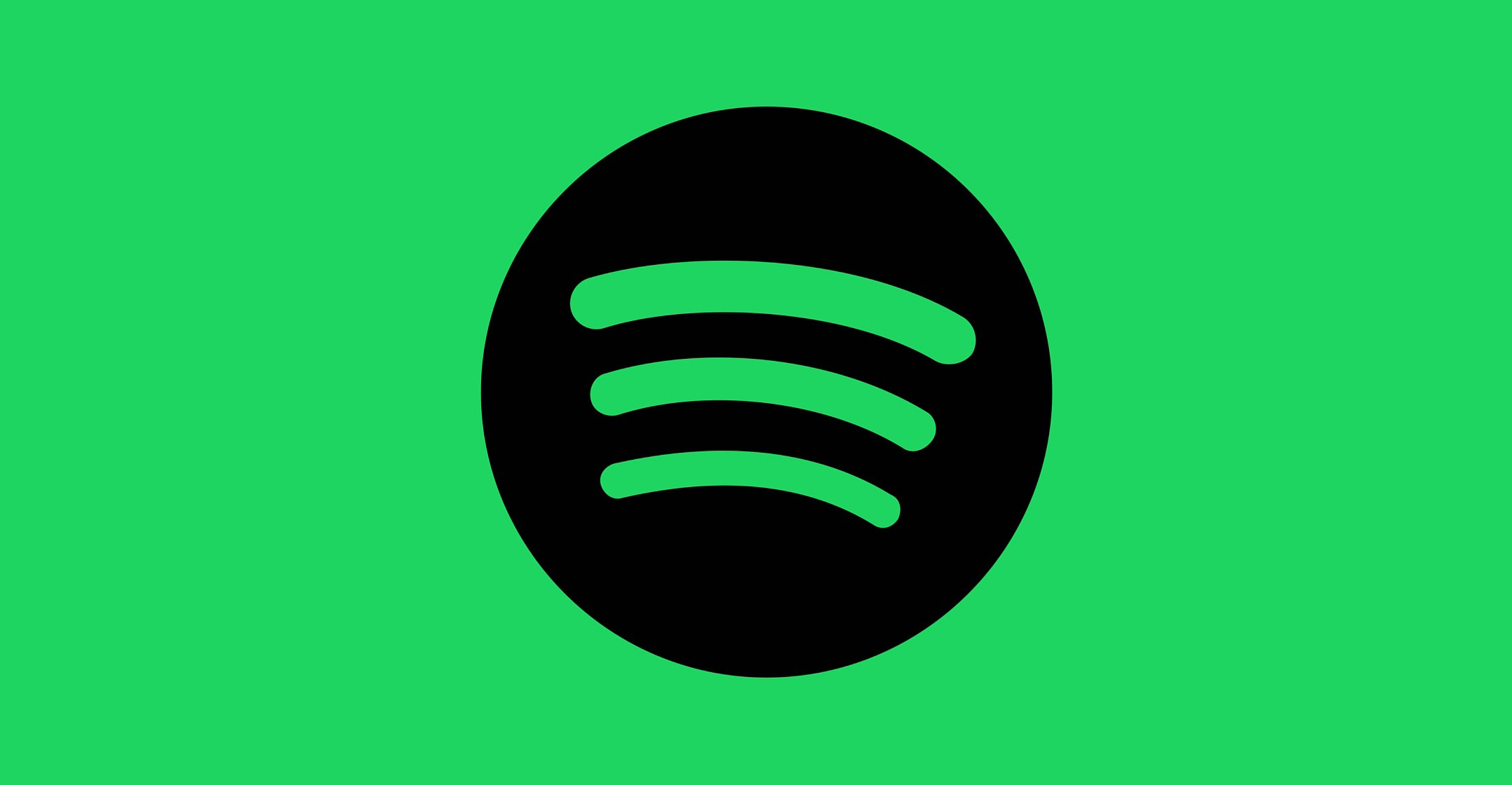 Expect to hear a lot of hyperbole at an Apple event on Monday — I’m already dreading the hoopla — about the company transforming entertainment and news. (Is it, though?) One thing Apple isn’t likely to discuss is its growing conflicts of interest.
Expect to hear a lot of hyperbole at an Apple event on Monday — I’m already dreading the hoopla — about the company transforming entertainment and news. (Is it, though?) One thing Apple isn’t likely to discuss is its growing conflicts of interest.
The company plans to unveil a video service that will include TV series and movies backed by Apple and provide access to existing Netflix-like digital video services (but not to Netflix itself). Apple also plans a subscription service for an online collection of news publications and magazines. The announcements are part of Apple’s effort to push more add-on hardware and digital services to offset stagnating sales of iPhones, which generate 60% of Apple’s revenue.
But there’s a catch. The more Apple creates its own Internet services, the higher the likelihood of accusations that it will tilt the scales in favour of its own products rather than acting as a neutral seller of other companies’ apps and software.
In short, Apple now has an Amazon problem. US presidential candidate Elizabeth Warren and European regulators are asking hard questions about whether Amazon.com is conflicted as both the most important online mall for buying goods like Energizer batteries, Pampers baby diapers and Neutrogena skin moisturiser, and a seller of its own brands of batteries, diapers and moisturiser.
Apple’s dual role as app distributor and app owner may not have the same regulatory interest, but some business partners are unhappy. Digital music company Spotify has loudly complained off and on — sometimes unconvincingly — that Apple is giving itself “an unfair advantage at every turn” with its competing Apple Music service.
Spotify’s complaint
One of Spotify’s points is that, in theory, it would need to give Apple a 30% commission on each Spotify music subscription purchased in the App Store if it used Apple’s payment system. That would effectively inflate the cost of a Spotify subscription because Apple doesn’t have to absorb that expense for its own competing music service. Spotify chooses not to use the payment system, making it more difficult for users to buy a subscription.
Spotify hasn’t given examples of other ways Apple leverages its power, but it’s easy to imagine. The Apple Music app comes installed with every new iPhone, along with several free months of subscription service, and that is a big advantage that Spotify and other smartphone-reliant music services do not have. Apple knows the identity of all the people using iPhones, and it can push marketing to them for Apple Music. Spotify can’t. Apple also controls what apps are highlighted inside the App Store, and it could find ways to promote Apple Music or other Apple apps.

The potential for conflict has mostly been a sideshow, but it’s getting harder to ignore as Apple is about to replicate its Apple Music conflict for video and news. Again, this risk is so far hypothetical, but there are inherent ethical and business conflicts when companies act as both a supposedly neutral distributor and a provider of their own services.
What if, for example, Apple, with its own online television service to promote, puts its finger on the scales to disadvantage Netflix in the App Store? If The Wall Street Journal is part of Apple’s news bundle and also sells its own subscriptions through its iPhone apps, will Apple subtly nudge people to buy its subscription that includes the Journal, rather than the standalone Journal subscription? Will Apple, as it does for its music service, give months-long free trial offers for its video and news services — essentially billions of dollars in free marketing?
Big firms such as Google and AT&T that are influential in directing people to news, restaurants and shopping are regularly accused of steering people to information or entertainment that those companies own. It creates problems for them with regulators and business partners.
This is not entirely new territory for Apple, but to my knowledge the company has never even acknowledged the possibility of tensions. Apple’s 1 100-word rebuttal to Spotify’s recent conflict-of-interest complaints did not address the music company’s criticism of Apple’s position as both a music app distributor and a music app owner.
The more Apple makes its own digital products, the more it wades into these kinds of thorny conflicts. A possible “Netflix for gaming” from Apple is the thorniest of the thorny. About three-quarters of spending in mobile apps come from videogames, according to App Annie. If Apple makes it own videogame service, it may clash with the companies that are the most reliant on Apple for their livelihoods and generate huge commissions for Apple’s app storefront.
Apple needs the revenue from its new digital services. But it may not be prepared for the headaches. — (c) 2019 Bloomberg LP



